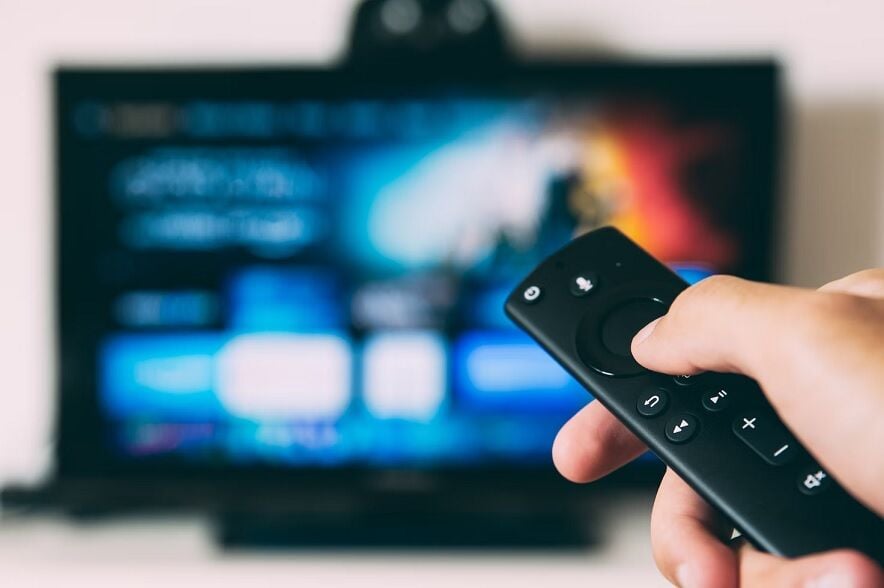Thai PBS proposes 4K broadcasting trial to combat streaming threat

Thai Public Broadcasting Service (PBS), in a bid to stay in line with the global trend of upgrading broadcast technology, has proposed a trial of the 4K high-resolution broadcasting platform. This would broadcast content in 16 provinces across Thailand, said the public broadcaster.
This move is seen as crucial to combat the rising threat of streaming platforms in the broadcasting industry, according to an anonymous source at the National Broadcasting and Telecommunications Commission (NBTC).
There are more than four million TV screens in Thai households that can view 4K content aired via a broadcasting network, the source revealed. Thai PBS hopes to work with digital TV operators to develop and air specific 4K programmes via its broadcasting network in Bangkok. Thai PBS has already tested its 4K technical system under an NBTC permit.
However, there are limitations to the regulation. According to an insider at Thai PBS, despite having more than four million 4K TV screens in households, creating a collaboration between Thai PBS and digital TV operators to promote 4K content on a trial basis is challenging. The NBTC’s existing regulations prohibit commercial activities and advertising during the trial period, which may pose a financial burden for the collaboration between Thai PBS and digital TV players.
Furthermore, digital TV operators are already grappling with financial difficulties and are wary of additional expenditure or investment in the business in the near future, especially after their licences expire in 2029. We need to amend the regulations’ conditions in the trial process to help promote 4K penetration in the country, the source said.
The source further added that the 4K trial based on demand-push is an intriguing prospect, as more than 4 million households already own 4K TV screens. These households would be the first to experience 4K content and help push demand in the market.
Prawit Leesathapornwongsa, advisor to NBTC commissioner Pirongrong Ramasoota, acknowledged the move by the public broadcaster. He suggested two alternatives to ease the potential financial burden of the trial of airing 4K content on TV screens.
One, revising the existing regulations’ conditions which ban commercials during the trial, and two, adjusting the conditions of the digital TV licence auction by allowing existing licencees to upgrade their broadcasting quality.
NBTC commissioner Pirongrong, who is directly responsible for the television business, noted that the TV business ecosystem has been dramatically affected by changing consumer behaviour, the rising popularity of streaming content via social platforms and the development of over-the-top platforms (OTT). She added that the future of the digital TV landscape would be constrained by the full adoption of 4K tech, reported by Bangkok Post.
“It is possible that there will only be 3-5 TV channels in the future, especially after licences expire in 2029, and they may only operate via HD TV and 4K technology.”
Latest Thailand News
Follow The Thaiger on Google News:


























